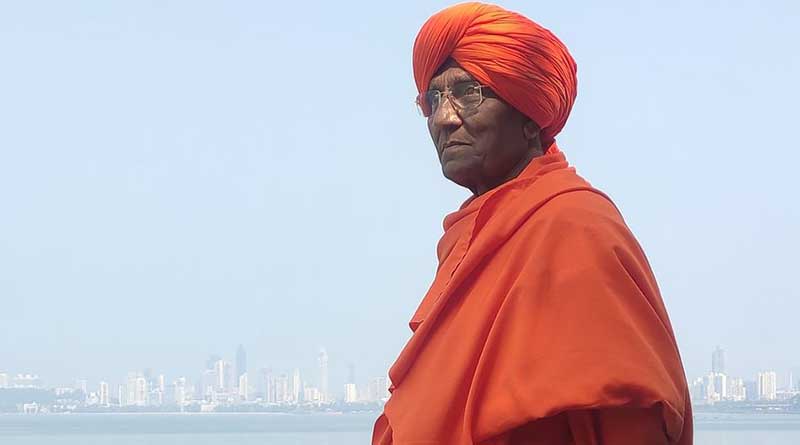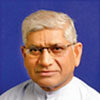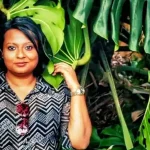Swami Agnivesh: The Saffron Activist

“One person can make a difference. And everyone should try.”
— John F. Kennedy
Vepa Shyam Rao was born in an orthodox Brahmin family in Srikakulam, Andhra Pradesh, on 21 September 1939. Since his father died when he was four years old, he was brought up by his maternal grandfather who had been the Diwan of the princely state Sakti.
After studying Law and Commerce, he became a lecturer in Management at St Xavier’s College, Kolkata. He also practised law as a junior to Sabyasachi Mukherji, who later became the Chief Justice of India.
In recognition of his social and humanitarian works, he was awarded Sweden’s Alternative Nobel Peace Prize, Right to Livelihood Award in 2004; Anti-Slavery International Award in London (1990); Freedom and Human Rights Award in Berne (1994); Rajiv Gandhi National Sadbhavana Award and the M. A. Thomas National Rights Award, 2006.
Seeing the prevalent social and economic injustices, he quit his promising career to become a full-time worker of the Arya Samaj in 1968. Renouncing his worldly possessions, family ties and high caste status in 1970 by embracing sanyas, he adopted the name Swami Agnivesh.
Influenced by great sages like Swami Indravesh, Swami Dayanand Saraswati, and Gandhij, Agnivesh founded the political party, Arya Sabha, on the principles of Arya Samaj that would work for social spirituality, rejecting materialism. Though the Arya Samaj expelled him in 1976, he continued to claim his fidelity to its ideals. Later, he founded the World Council of Arya Samaj, an organisation distinct from Dayanand Saraswati’s Arya Samaj, and served as its president from 2004-2014.
Joining the Total Revolution Movement spearheaded by Jayaprakash Narayan, Agnivesh had to go underground during the Emergency in 1975 and was jailed for 14 months. Basing himself in Haryana, he campaigned for fair share for the state, which was then separated from Punjab. He spearheaded total prohibition in Haryana and for remunerative prices for farmers’ produce.
Elected to be a Member of the Legislative Assembly of Haryana in 1977, Agnivesh became a Cabinet Minister for Education in 1979. He protested against his own government after the police firing in Faridabad. Resigning from his office, he decided to devote himself to social justice movements, which soon became his main commitment.
Read the full article by subscribing to the print or digital editions of THE TEENAGER TODAY.
F. M. Britto serves the marginalized people in a remote Chhattisgarh village. He is the author of six books including 99 Changemakers and Keys To Success And Happiness published by Better Yourself Books.





